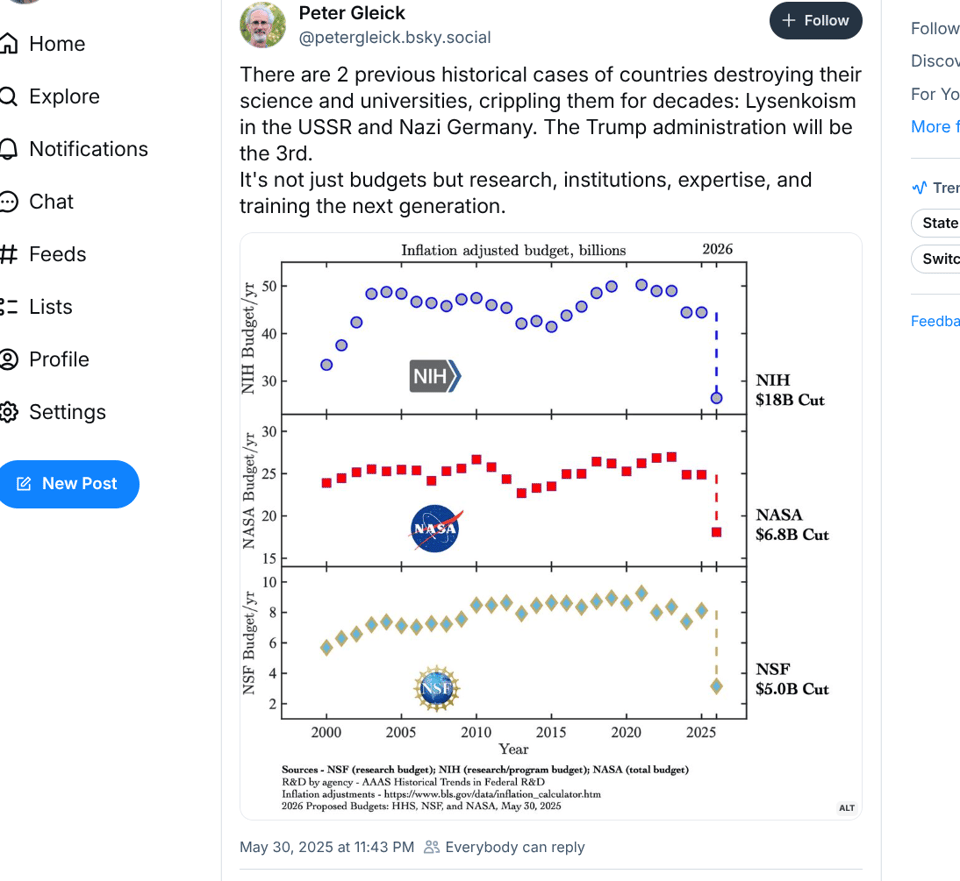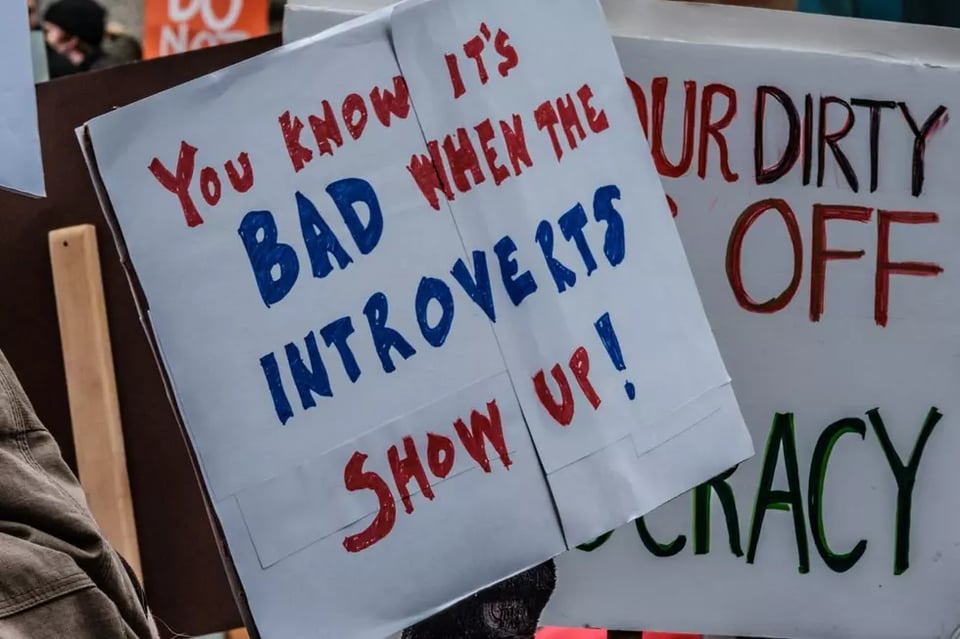June 4, 2025
by Marybeth O’Mara
The attack on higher education continues, and it is not just Harvard at risk. Today’s Chicago Sun Times front page was about University of Illinois’s fears that their very large population of foreign students will not be able to continue studying there. U of I has the distinction of having the second largest number of international students of all public universities in the United States. As is the case with nearly all international students in US colleges, they pay full tuition, which helps provide funds to supplement US citizen students through more generous financial aid packages than would be available without those tuition payments. In the near future, US-born students and their families will find out just how much this full-paying cohort has helped their own college affordability, as schools will need to modify their aid letters this summer, as the Trump administration tries more and more strategies to stop foreign students from attending universities in the US, whether private (like Harvard) or public (like U of I). The practical impact is likely to REDUCE the number of American-born students who can attend college in the near future, rather than make more spots available to “homegrown” students.
According to her April 15 column in the Washington Post, Catherine Rampell writes that higher education is one of the industries that runs a trade SURPLUS larger than those of natural gas and coal combined! The US hosts three times as many international students as US students studying abroad. The trade surplus from higher education is larger than that from agricultural products or civilian aircraft. It is an important sector of our economy, one which Trump seems determined to damage, perhaps beyond repair.
Just today, the president issued an Executive Order wrestling control of student visas, only for those intending to study at Harvard, from the Department of State, in which he banned admission of any foreign national from entry into the US if their intent is to study at Harvard or participate in any academic exchange with Harvard, effective immediately. Also today, ProPublica reported that the Department of the Interior has made a budget request of Congress to reduce funding to Tribal institutions of higher education by 90%, which is likely to force several, if not all of them, to close. In a single day, there has been a significant escalation of this administration’s campaign against higher education at levels from the most marginalized to the most elite.
And for what? The excellence of American institutions of higher education has taken several generations to build and will take much longer to rebuild than to destroy. According to climate scientist Peter Glieck, this has happened just twice before—in the Soviet Union and in Nazi Germany. In neither case, did the education systems recover their prestige or international standing. In both cases, educators and students left for universities in other countries, in many cases the United States.

So, what can we do? If you are an alumni, let your alma mater know your feelings on the administration’s attack on education, and express your support for resisting demands by the Trump regime. If you can afford to, contribute to your school. If possible, restrict your gift so that it can be targeted to legal fees and other efforts to protect both academic mission and students, and not spent on capital projects or day-to-day operations. Make connections with other alums, even if they are not from your graduating class.
If you have other thoughts, please share them—we are all making this up as we go, since we have never seen this before!
Remember that next Saturday, June 14, is No Kings Day, and protests are scheduled around the country. This should be similar in scale to the April 5 protests, marches, and rallies, as they are co-sponsored by numerous social action organizations. As I mentioned a few weeks ago, the goal identified by political scientist Erika Chenowith is that 3.5% of the country should mobilize—that has been the “magic number” in other places working to defeat authoritarian movements and leaders.
I will be there next week—hope to see you!

You just read issue #19 of Council of Crones. You can also browse the full archives of this newsletter.
Add a comment: